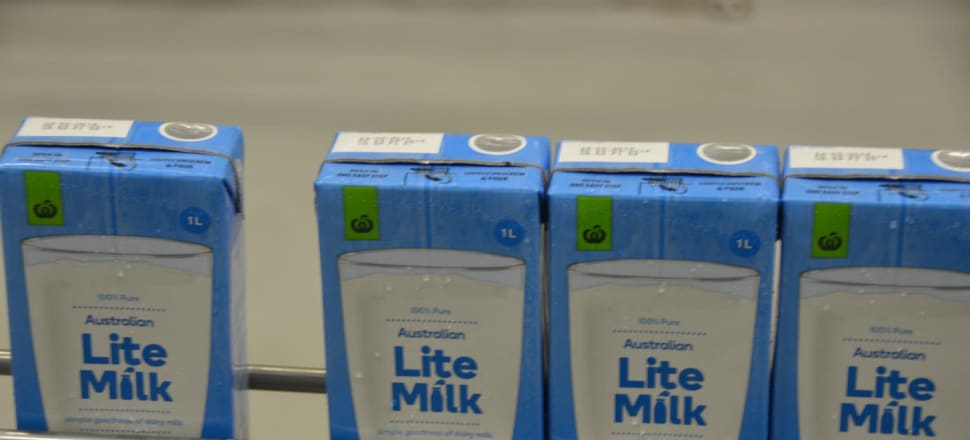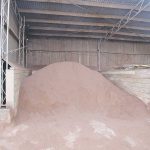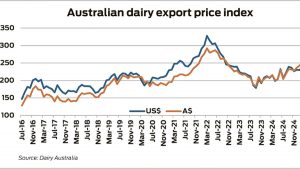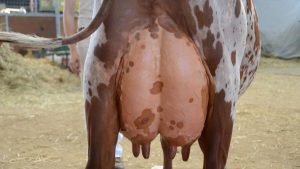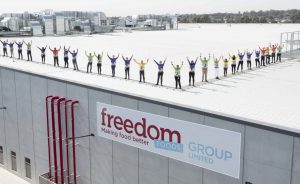
The company, which operates a major dairy processing plant in Shepparton, is seeking to raise up to $280 million to recapitalise and is likely to offload its cereal and seafood operations.
Freedom Foods delayed reporting on the 2019-20 financial year after discovering it had a warehouse with $60 million in out-of-date, unsaleable and obsolete products.
Trading in Freedom Foods was suspended while an investigation took place.
The company has now revealed the total write-downs for FY20 and adjustments to previous annual accounts totals $590 million.
“The rebuilding of Freedom Foods Group will not be a quick or easy process,” non-executive chairman Perry Gunner said, although he won’t be around to lead the recovery.
Mr Gunner and the chair of the finance committee Trevor Allen will not seek re-election at the AGM on January 29.
“We have faced genuine challenges – some external beyond our control and others internal that have required urgent and intensive intervention by the board and our new executive team,” Mr Gunner said.
Total revenue increased 26 per cent to $580 million, dairy and nutritionals was up 37 per cent, $362.9 million, yet the company booked an annual loss of $174 million.
Interim chief executive Michael Perich said systems and processes had not evolved with the rapid growth in assets and revenue while Mr Gunner said the problem was that growth in some businesses was not “profitable growth”.
A review of the economics of every product line, site, sales channel and market segment is under way.
“Freedom Foods needs to become a simpler business – and that includes identifying parts of our business that may perform better under different ownership,” Mr Perich said.
Dairy and nutritionals, which includes the Shepparton plant, recorded a loss of $46 million despite “pantry stocking” due to the COVID-19 pandemic increasing demand.
Selling prices for some products did not cover costs and delays in commissioning a new lactoferrin plant and UHT expansion led to losses from the sale of surplus milk.
With obsolete stock written off and the Shepparton plant now operating on a “much-improved basis”, the company expects the segment to return to profitability in FY21.
The outcome of the recapitalisation is expected to be announced before the end of the year.
